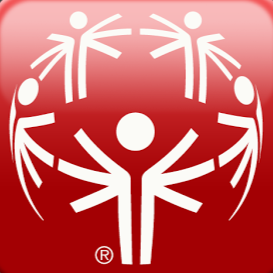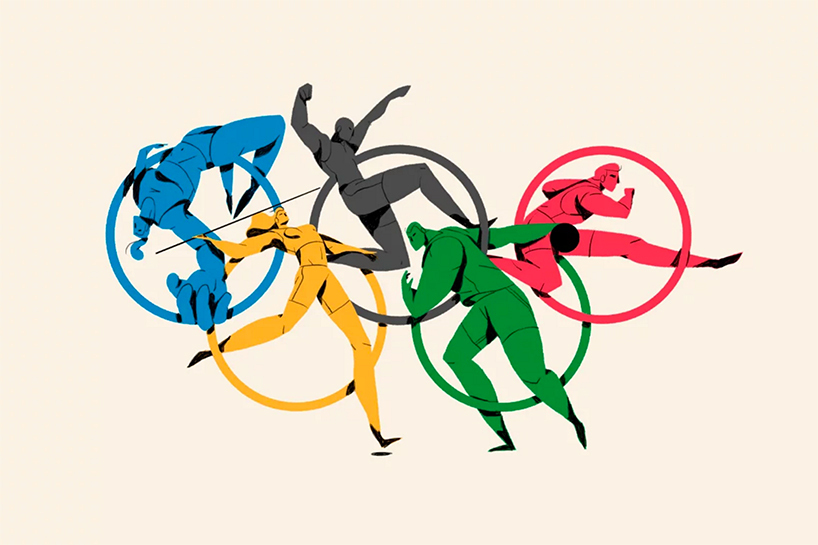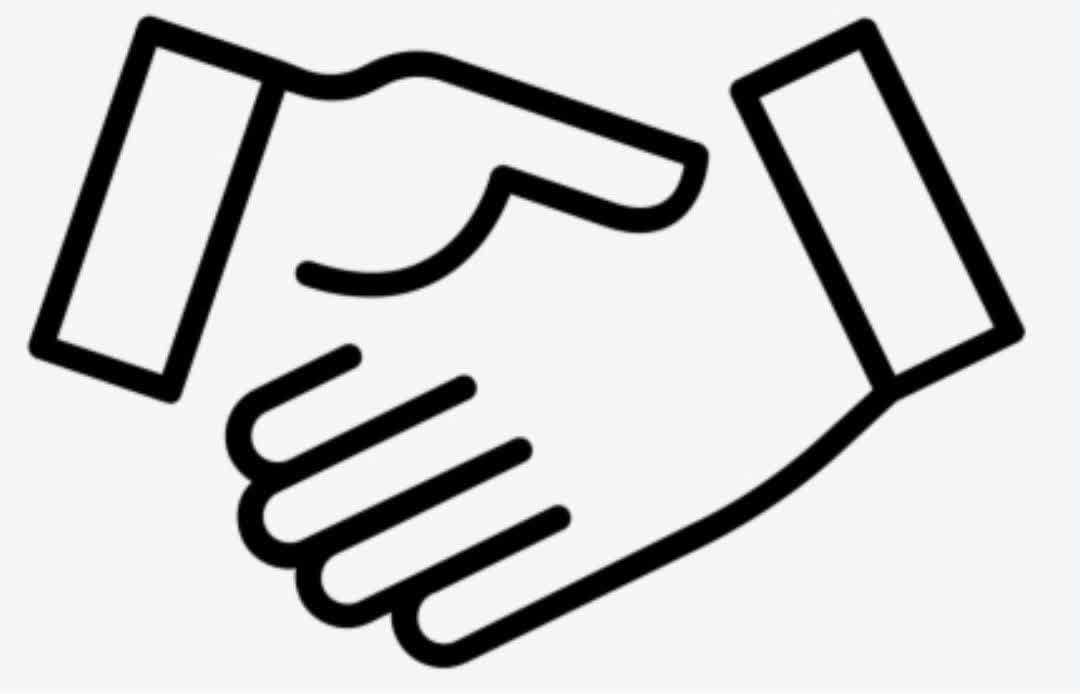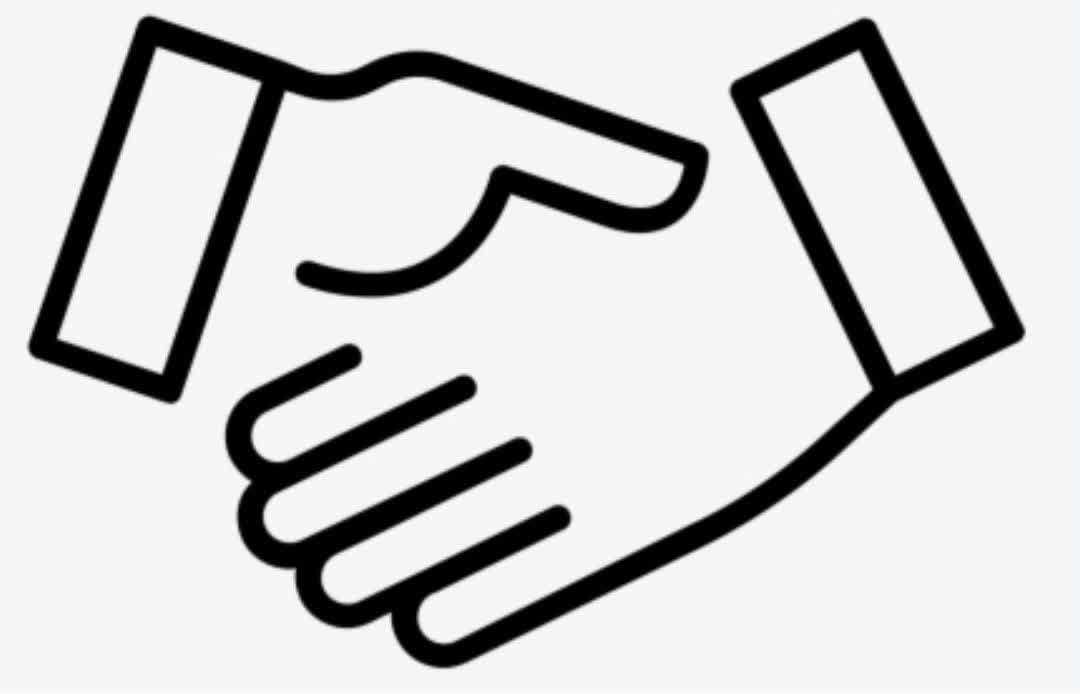"Let me win, if I cannot win, let me be brave in the competition and effort."
Latest news
About Special Olympics Programs
Special Olympics is not just about sports, it has various sections that help people with intellectual disabilities to be healthier, participate more actively in society, and showcase their abilities.
Since 1997, specialists from various fields including medicine, education, and rehabilitation have developed the Athlete Health Program. The program's components include:
1) Health promotion. Clinical screening includes medical history, height and weight measurement, blood pressure measurement, cardiovascular examination, visceral examination, musculoskeletal examination, and orthopedic examination. 2) Hearing assessment 3) Vision assessment. 4) Oral and dental assessment. 5) Foot assessment. 6) Physical fitness assessment.
Since the family plays an important role in Special Olympics, the Family Education and Empowerment Program plays an important role. In this program, experts are invited to discuss the problems and issues of children and adults with intellectual disabilities and suggest solutions. This program is regularly followed up at all gatherings.
The role of athletes in introducing and developing Special Olympics among children, students, and policymakers is very important. This program, by teaching the necessary skills to athletes who have the talent to manage and articulate the issue, tries to introduce Special Olympics through them and change people's attitudes towards intellectual disability.
The participation of children and students without intellectual disabilities in Special Olympics programs is of particular importance. This program seeks to spread the spirit of the Special Olympics in schools by teaching skills and requires the participation of youth and children without intellectual disabilities.
In this program, sports science experts develop basic motor skills and fundamental motor skills (in the areas of stability, mobility, and manipulation) and then sports skills. This program is carried out with the simplest and most accessible training tools to develop proficiency and growth of motor skills.
About Special Olympics

Special Olympics is a multifaceted sports, social and cultural program that includes training, skill training and sports games for children and adults with intellectual disabilities (ID). While learning skills on the sports field, these individuals apply skill patterns in their daily lives and, by increasing their self-confidence, prepare themselves for a better and more effective life. Therefore

There are more than 36 sports in Special Olympics. The sports include: table tennis, tennis, pentathlon, volleyball, badminton, basketball, bocce, bowling, ...





Membership and participation in programs
Currently, Special Olympics Iran allows any institution, center, or organization that has a license to operate for people with intellectual disabilities, autism, or Down syndrome and is interested in cooperating with Special Olympics Iran to participate in Special Olympics programs so that their athletes can benefit from this multifaceted program. Special Olympics Iran, as a non-governmental organization, is trying to provide the necessary platforms for the development of physical activity and sports for people with intellectual disabilities in cooperation with other governmental and non-governmental organizations. This organization is only responsible for inter-sectoral coordination and, as the coordinator of the programs, is trying to increase the connection between specialists and implementing organizations in the country with Special Olympics athletes. Centers that intend to cooperate with Special Olympics Iran are required to enter their information through the following link:
47000
Number of athletes
820
Number of volunteers
120
Number of trainers
256
Number of dealerships
79
Number of cities
19
Number of provinces

